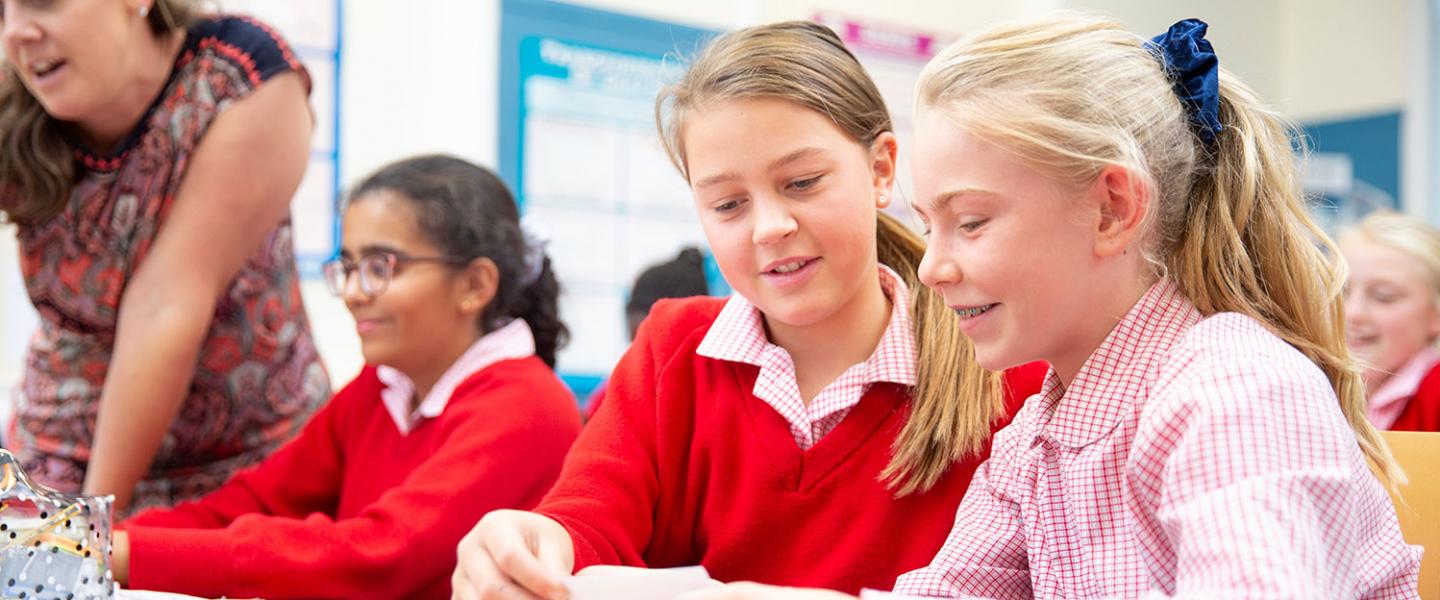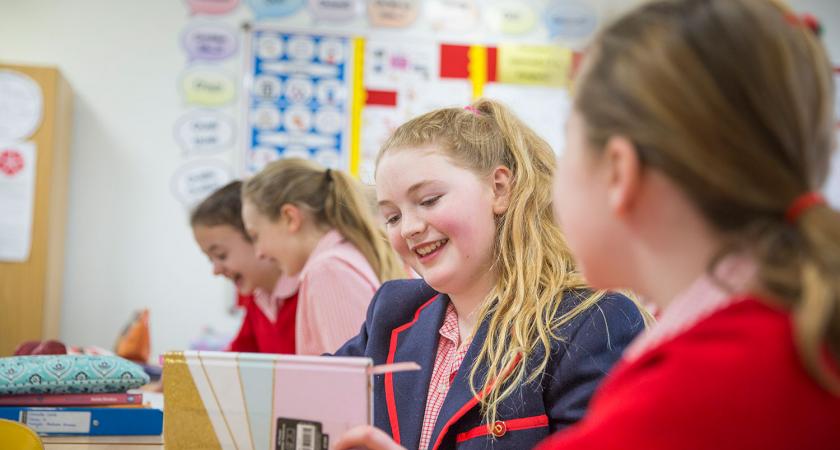A variety of activities are organised throughout the year such as trips to Italy, France and Spain and we also host special weeks such as the International Languages Week where all students are involved in activities based around language learning.
Girls in Year 7 are offered the opportunity to compete in our Spelling Bee competition where they get a taste of the Spanish language prior to Year 8.
Girls in Year 9 have the opportunity to join the Foreign Country club, as part of our extensive co-curricular programme, where we hear from guest speakers who share their experience of living in a Foreign Country. We focus on specific countries, undertaking research about the culture, the language, the history and the food, as well as the social and economical situation in each country. We find that attending the club encourages the girls to broaden their understanding of the world and other cultures.
We are also keen to support pupils who wish to learn a language outside of our regular curriculum provision and currently have tutors of Russian, Italian, German, Chinese (Cantonese and Mandarin), Japanese and Arabic who teach on a weekly basis. For international pupils who join us with a first language which is not English, we positively encourage them to secure their native language at GCSE.

